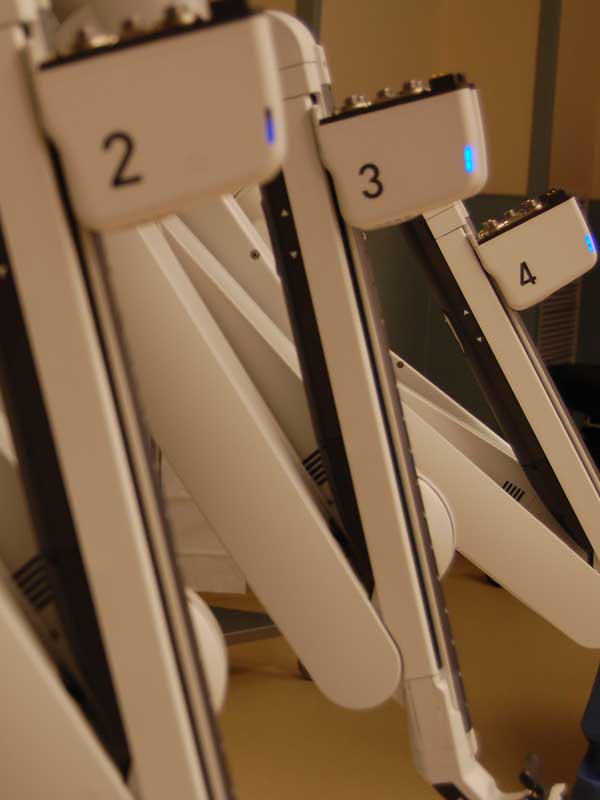There is no doubt that obesity is the largest epidemic of the 21st century. Obesity and its challenges affect the lives of Americans on a daily basis. The CDC (Center for Disease Control and Prevention) estimates that more than a third (35.7%) of adults in the US population. USA They are obese. Obesity not only affects an individual's weight, but also their overall well-being with obesity-related conditions, such as heart disease, stroke, type 2 diabetes, and certain types of cancer. This epidemic certainly explains the explosion of different support methods for weight loss; The main one of them, the use of bariatric surgery. There are about 220,000 bariatric procedures performed annually in the United States alone. This number has been constant for quite some time with a very high probability of increasing in the coming years as obesity increases as well.

The health system has been very successful in implementing psychological support for these patients both before and after the operation. In fact, the success of these programs is based not only on weight loss but also on maintaining target weight after surgery. Maintaining target weight cannot be accomplished without the bariatric team, primarily dietitians, psychologists, and paramedical support staff. Unfortunately, little emphasis has been placed on the mental and physical impact of redundant skin due to massive weight loss and bariatric surgery. This fact is not taken into account for the success of any program and, therefore, it is not given due importance in the follow-up of bariatric patients.
Bariatric surgery provides advanced weight loss for patients, reducing the possibility of contracting obesity-related illnesses, although many patients continue to suffer from poor body image. Massive weight loss creates unsightly deformities in the form of additional skin that can cause damage to physical mobilization, sexual health, and personal hygiene. This should not be underestimated. Some patients have tried to improve these deformities by "filling in" the redundant skin in the form of weight gain, a behavior that defies the original idea of undergoing bariatric surgery. Patients need to know that there is hope for the situation and that plastic surgery can alleviate or substantially improve the undesirable effects after Bariatric surgery. We firmly believe in bariatric surgery in patients with morbid obesity and we also believe that we, as plastic surgeons, can offer a significant improvement in an individual's ultimate well-being.
The most common areas subject to plastic surgery procedures are the abdomen, thighs, and buttocks. These areas are very susceptible to treatment with a combination of liposuction and body lifting procedures. When the face and neck are involved, surgical corrections follow the same principle of lifting / tightening the skin and subdermal tissues. Mastopexy, or breast lift, is also a very common procedure as patients complain almost universally of ptosis and atrophy of breast tissue.
No comments:
Post a Comment